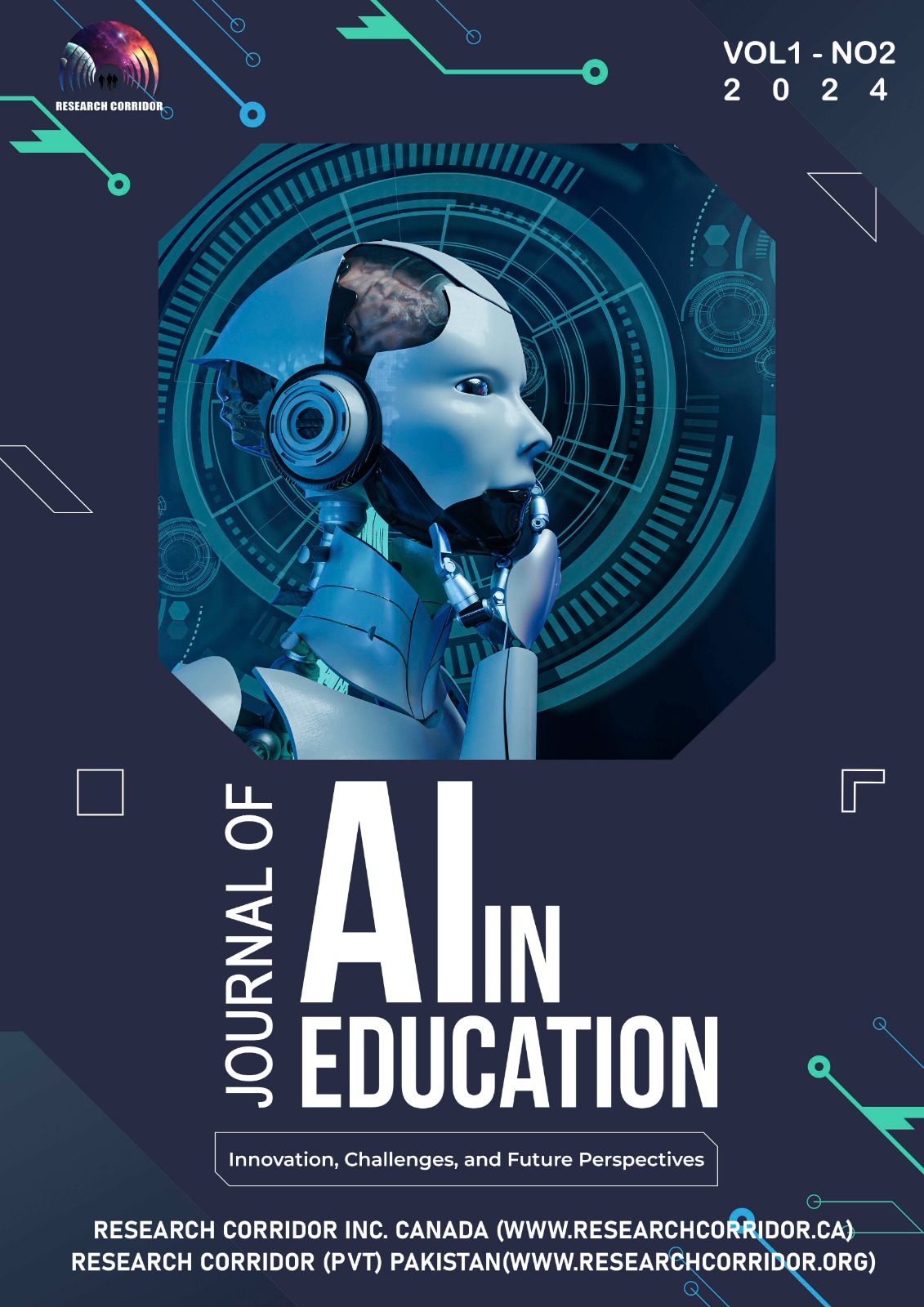AI and Intelligent Tutoring Systems: A New Paradigm for Student-Centered Learning
Keywords:
Artificial Intelligence, Intelligent Tutoring Systems, Student-Centered Learning, Personalized Education, Adaptive Learning, Educational Technology, Machine Learning in Education, AI-Powered Tutoring, Learning Analytics, Digital PedagogyAbstract
Artificial Intelligence (AI) has revolutionized education by introducing Intelligent Tutoring Systems (ITS), which personalize learning experiences based on students' unique needs and cognitive abilities. These systems leverage machine learning, natural language processing, and adaptive algorithms to provide real-time feedback, customized learning paths, and interactive engagement. Unlike traditional educational models, ITS fosters a student-centered approach, enabling learners to progress at their own pace while receiving tailored guidance.
The integration of AI-driven ITS enhances student motivation, improves knowledge retention, and supports diverse learning styles. By analyzing student interactions, ITS can predict learning difficulties, suggest remedial actions, and optimize curriculum delivery. Furthermore, AI-powered tutors can bridge educational gaps in underprivileged regions by providing access to quality learning resources. However, challenges such as ethical concerns, data privacy, and the need for continuous algorithm refinement must be addressed to ensure equitable and effective implementation.
Recent studies highlight the efficacy of AI in education, emphasizing its role in promoting engagement and academic performance. For instance, research suggests that students using ITS show significant improvement in problem-solving skills and conceptual understanding (Anderson et al., 2021). Additionally, AI has proven instrumental in language learning, where adaptive learning platforms facilitate personalized feedback and error correction (Johnson & Li, 2022). While ITS holds immense potential, future research must focus on refining AI-driven pedagogical strategies and ensuring inclusivity in AI-assisted education.





